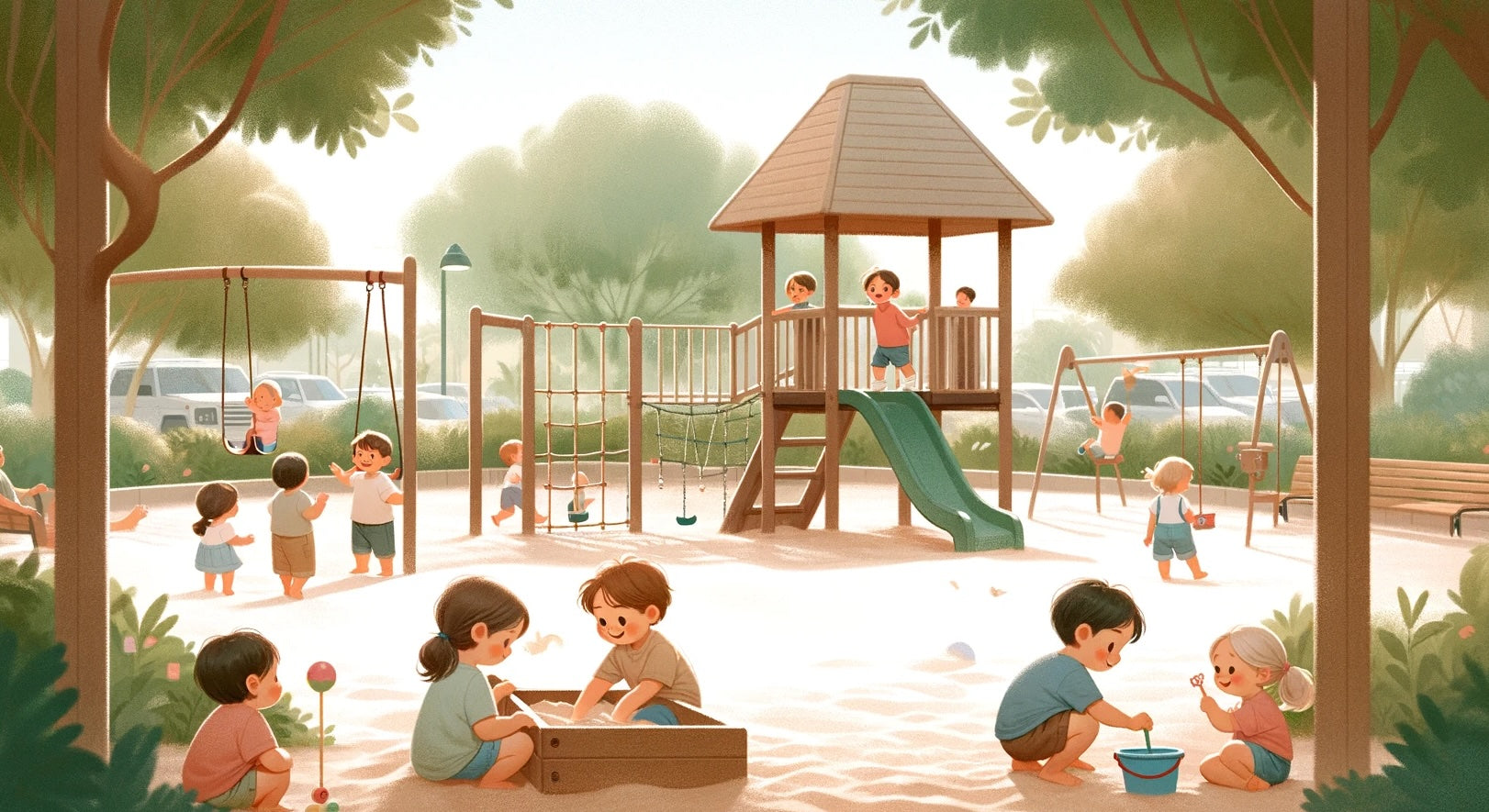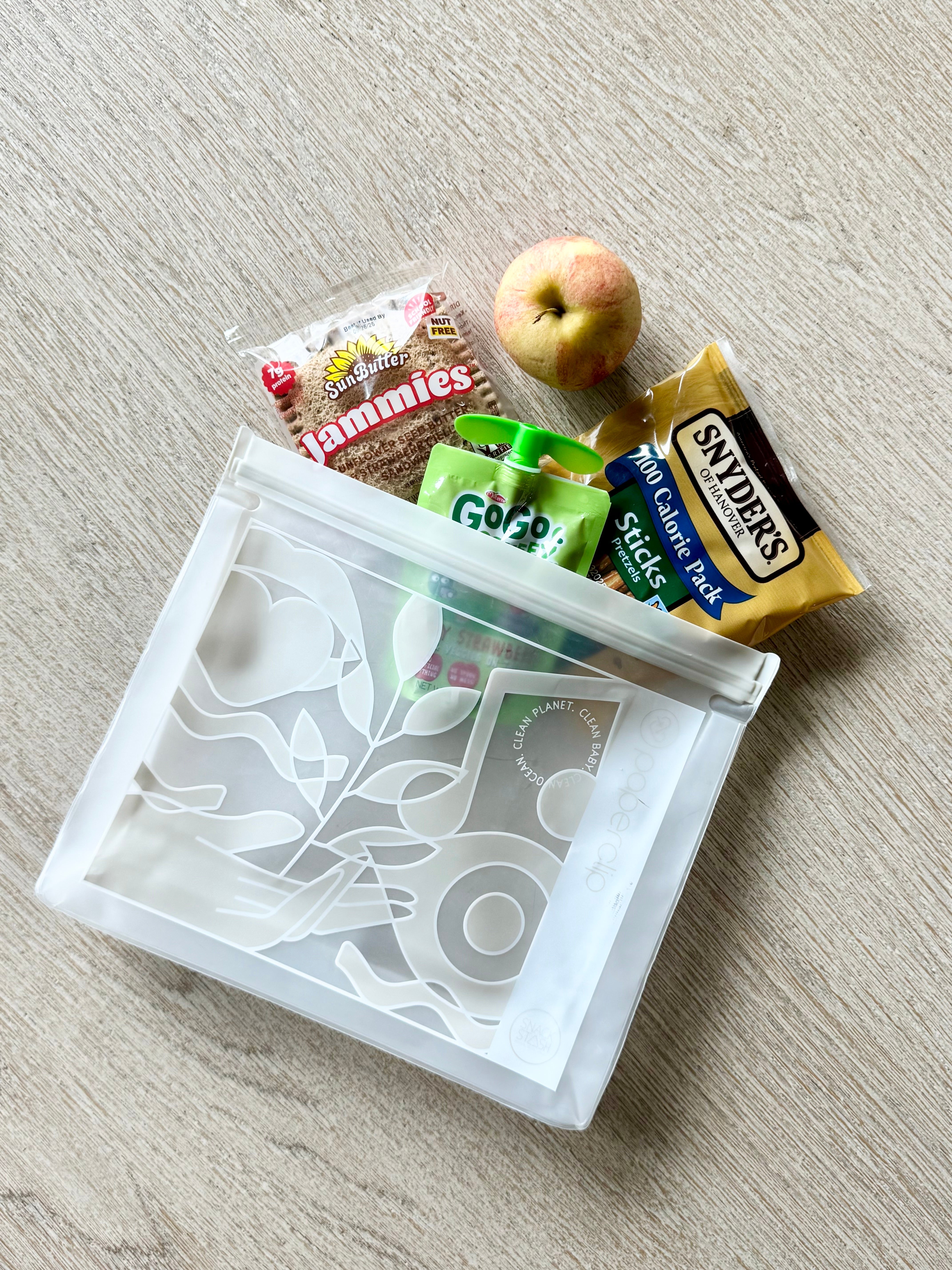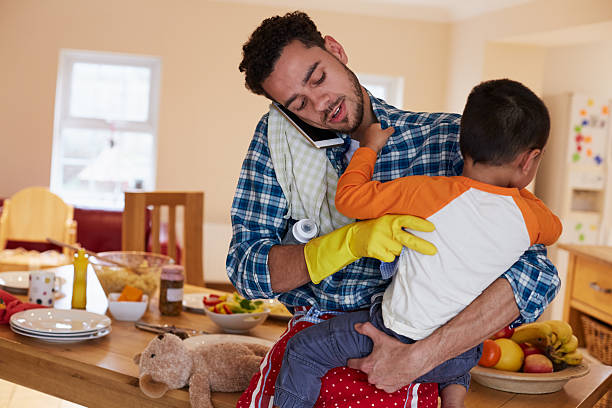According to the United Nations Food and Agriculture Organization, 33.2% of the United States is forested. According to the National Parks Service, 84.6 million acres of the United States are parkland. Despite these nature-driven facts, today’s kids spend less time playing outdoors than ever. Dr. Robert Zarr, founder of the nonprofit Park Rx America, is keen to change that. Zarr is (literally) prescribing time at parks to promote well-being and healthy living.
Zarr cleverly created a database of parks, a tool that allows providers to input a patient’s zip code and pull up local maps where they can enjoy the outdoors. Park Rx America has been incredibly effective in urban areas where green spaces are harder to find. To say it’s a game-changer in combating many health-related issues is an understatement.
Outdoor Play is All the Rage
With spring in the air, now is the time to rein in electronics and send the kids outside to play. And while school-aged kids are bound to benefit from playing outdoors, let’s face it: fresh air is good for everyone. Doctors agree. Today, rather than prescribing medication to treat physical ailments and depression, they can prescribe a walk in the park.
Dr. Zarr explains, “Hundreds of scientific studies show a positive, strong correlation between time in nature and improved health outcomes. These physiological changes include a decrease in cortisol, a stress hormone. We can watch that number drop by spending more time in nature.” Here is a link to an article on health benefits of nature from the American Psychological Association.
Even babies and toddlers will benefit from nature and outdoor play. Supervised crawling, walking, and climbing help nurture considerable motor skills. Research has repeatedly shown that children who regularly play outdoors are healthier, stronger, and happier. Yes, happier! Developmentally, outdoor play can’t be beaten. Here are more reasons why:
1) Physical Development
Outdoor play directly correlates with a child’s physical strength, immunity, and weight. The short and long-term benefits associated with time spent outside include:
- A lower BMI (Body Mass Index).
- A lower propensity to obesity.
- Improved mood.
- Boosted immune systems.
- Muscle strength.
And that’s just for starters.
Young children exercise without even knowing it. They improve agility and balance while crossing a log over a stream. They enhance coordination by climbing trees or skipping stones. Kids who grow up with the outdoors as a vital part of their childhood are likelier to continue exercising later in life. Explore our outdoor gear for children that promotes active play.
Time outside reduces the physical manifestations of stress. Walking with your kids, whether in a stroller, holding your hand, or skipping 20 paces ahead of you, is invigorating. A healthy dose of Vitamin D is an added bonus if the sun is shining. But don’t let the weather stop you from getting out. Remember the adage, ‘There’s no such thing as bad weather, just bad clothes.’ For a toddler, nothing beats puddle jumping on a rainy day.
2) Social Development
Every parent wants their child to play nicely in the sandbox. Social development often happens outside when kids need to share and use their words to get what they want. The benefits of outdoor play include interpersonal skills, resilience, self-esteem, and the ability to speak up for oneself. Social development thrives outside, whether on the school blacktop, the basketball court, or the local playground.
Through outdoor play, kids can make decisions and take risks, which will help build their confidence levels. They will help form healthy friendships and encourage them to use their imaginations. Making independent decisions will help them continue to grow as they learn from their mistakes. Parents with the willpower to sit back and watch their children handle difficult social situations will reap the benefits later.
3) Emotional Development
Time spent outdoors is also healthy from an emotional perspective. Today, mental health is top of mind for kids of all ages. When outside, all of our senses are activated. Kids will hear the distant knock of a woodpecker, smell the heady scent of flowers in the air, and feel the rough bark of a gnarled tree trunk. Endorphins and serotonin are released when children participate in outside activities, especially physical ones. This release can help them process their emotions and ease anxiety. Furthermore, the more time kids spend outside, the less time they’re on screens. Another positive benefit, indeed.
Overall, being in nature generates positive emotions. Calmness, tranquility, creativity, and joy are good examples. Who hasn’t at one point felt stressed, only to walk outside and feel that stress slowly melt away? The positive impacts of being surrounded by nature are endless.
4) Intellectual Development
Being outdoors with our kids provides endless learning opportunities. What better way to expose children to the wonders of our environment than spending time in nature? A walk in the woods could mean watching a spider weaving a web or identifying a bird of prey. We can teach kids about the planet’s natural resources as we picnic beside a gurgling stream or dig through the dirt for worms.
Outdoor play will undoubtedly spark new interests, as well. That could be turning a love of flowers into a backyard garden. Or a fascination with birds that leads to building a birdhouse. A child who plays outdoors will have more focus and opportunities to hone creative skills. These seeds of creativity will help them navigate the elementary school years ahead.
Doctor Knows Best
Dr. Zarr’s ground-breaking program has made one thing clear—playing outdoors promotes well-being and healthy living. It’s as important as the vitamins we take and the foods we eat daily. We can’t underestimate the social, emotional, intellectual, and physical benefits of outdoor play, especially for our kids.
The more exposure our children have to parks, forests, and fresh air, the better. Those living in urban environments shouldn’t worry; Park Rx America has identified green spaces in cities nationwide. The United States has 84.6 million acres of parkland. Grab your little ones and find a place to explore—doctor’s orders.
Written by Jamie Edwards
Jamie is an avid traveler, travel writer, and photographer. She launched I am Lost and Found, her adventure/luxury travel website after 25 years of living and traveling around the globe. She has lived in both NYC and Tokyo. Today she resides in Washington DC with her husband, two kids, and two black labs. Jamie’s goal is simple: to inspire travel.
Popular Articles
Help! My Silicone Tastes Like Soap!
Back-to-Preschool, the Eco-Friendly Way: 7 Simple Swaps for Greener Mornings
If you're looking to make mornings smoother and more sustainable, here are 7 simple, eco-friendly swaps perfect for preschoolers and the grownups who love them.
Read More






